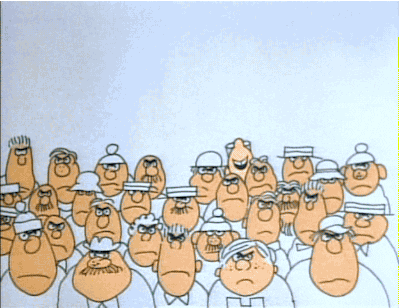If you could alter your child’s genes to ensure they wouldn’t inherit a rare, chronic disease, would you?
That’s the ethical question swirling around scientific circles these days, and it’s prompted by the arrival of genetic modifying technology.
CRISPR, as it’s called, has the ability to manipulate genetic material and alter the expression of certain genes–more importantly, mutated genes that can lead to illness.
Many of the patient communities we serve on PatientWorthy are caused by these gene mutations.
So, we go back to the question: Would you change your child’s genes to prevent them from having their disease? Or, if you are the person living with a rare disease, would you alter your genes to get rid of it?
There are two camps to this ethical debate.
One camp says, absolutely!

For fatal conditions, like Huntington’s disease, many people who live with it, both caregivers and patients, know that is not the kind of life they want…for themselves or their children.
The other camp says absolutely NOT!

They say that gene-modification is against the laws of nature, but more importantly, you’d be robbing the world of some of the greatest humans on the planet.
Many people who live and adapt to these chronic illnesses and/or disabilities often find themselves stronger because of it, and in ways they never expected.
Take Down’s syndrome, for instance. It’s not uncommon for prenatal screening to determine whether a fetus has Down’s syndrome. If it does, the parents are given the option to terminate the pregnancy.
But when you talk to parents of children with Down’s, they’ll tell you that, while their children do have more obstacles to overcome, they exude a sweetness that reminds others how to be compassionate human beings.
Now, that is an incredible gift.
While the technology hasn’t quite advanced far enough to make gene modification common practice, the pressure is on to settle this ethical debate before the technology catches up.

What’s most important is that the people living with these disabilities and rare diseases finally get the chance to make their voices and their experiences heard.
We know all too well the trap of “inspiration porn.” Oh, look what this person accomplished even though they are handicapped. For the able-bodied and healthy person, what people with chronic illness and disability live with on a daily basis seems insurmountable.
But we do it, and we thrive at it. And if you rid the world of chronic diseases and disabilities, you’ll lose a hell of a lot of bad-ass warriors.







